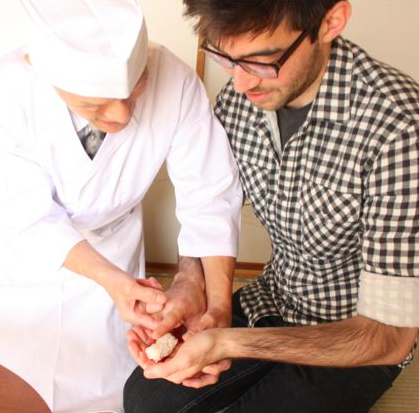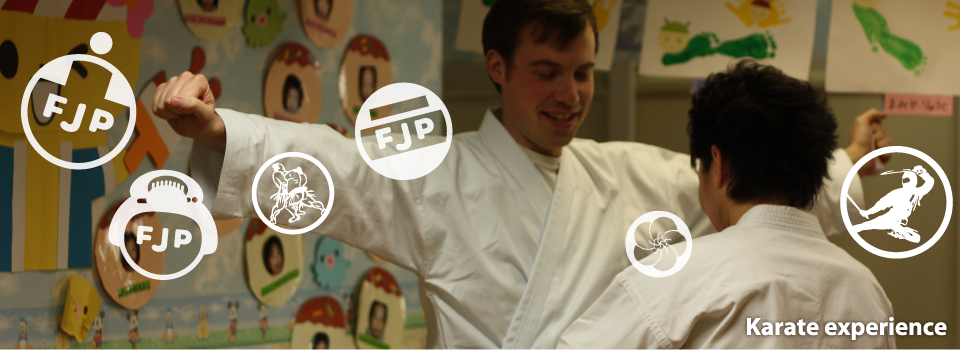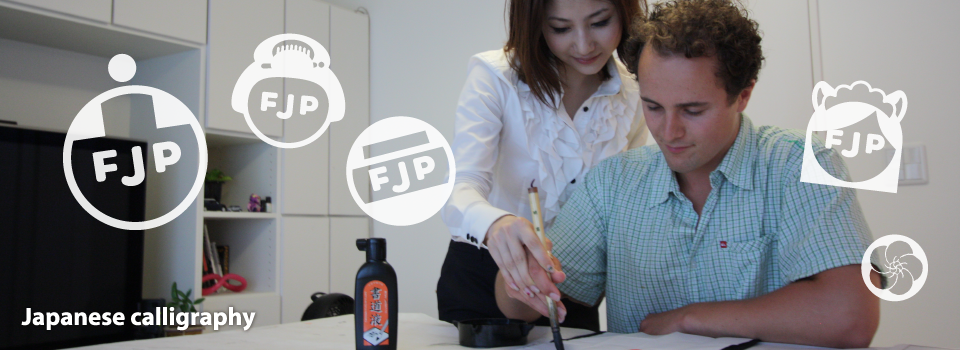
-

Make your Mirror like Sweets!

-
AREATokyo
-
PRICEJPY 4500
-
DURATION3 hours
-
-

Learning how to make SUSHI

-
AREATokyo
-
PRICEJPY 4000
-
DURATION2 hours
-
REVIEW3
-
-

Gal's makeup: Become a Kawaii Japanese Girl!

-
AREATokyo
-
PRICEJPY 9600
-
DURATION2 hours
-
-

Skating in Tokyo

-
AREATokyo
-
PRICEJPY 3500
-
DURATION1.5 hours
-
-

Finding your favorite art galleries in Ginza

-
AREATokyo
-
PRICEJPY 5000
-
DURATION2 hours
-
-

Learn professional vegetarian food cooking

-
AREATokyo
-
PRICEJPY 7000
-
DURATION3 hours
-
- Reviews
-
Japanese Calligraphy : Create your own Unique Souvenir  Tollak
Tollak Even though it turned out that my Kanji skills were mediocre, i had a really pleasant time. Our teacher were really sweet and helpful, and I would recommend it to anybody wanting a relaxing Tokyo-experience.
See more...
Booked Activities
February 16th 4:00pm (Thu)

3 more can join the activity.
February 26th 12:00pm (Sun)
The activity reached maximum.
Category











